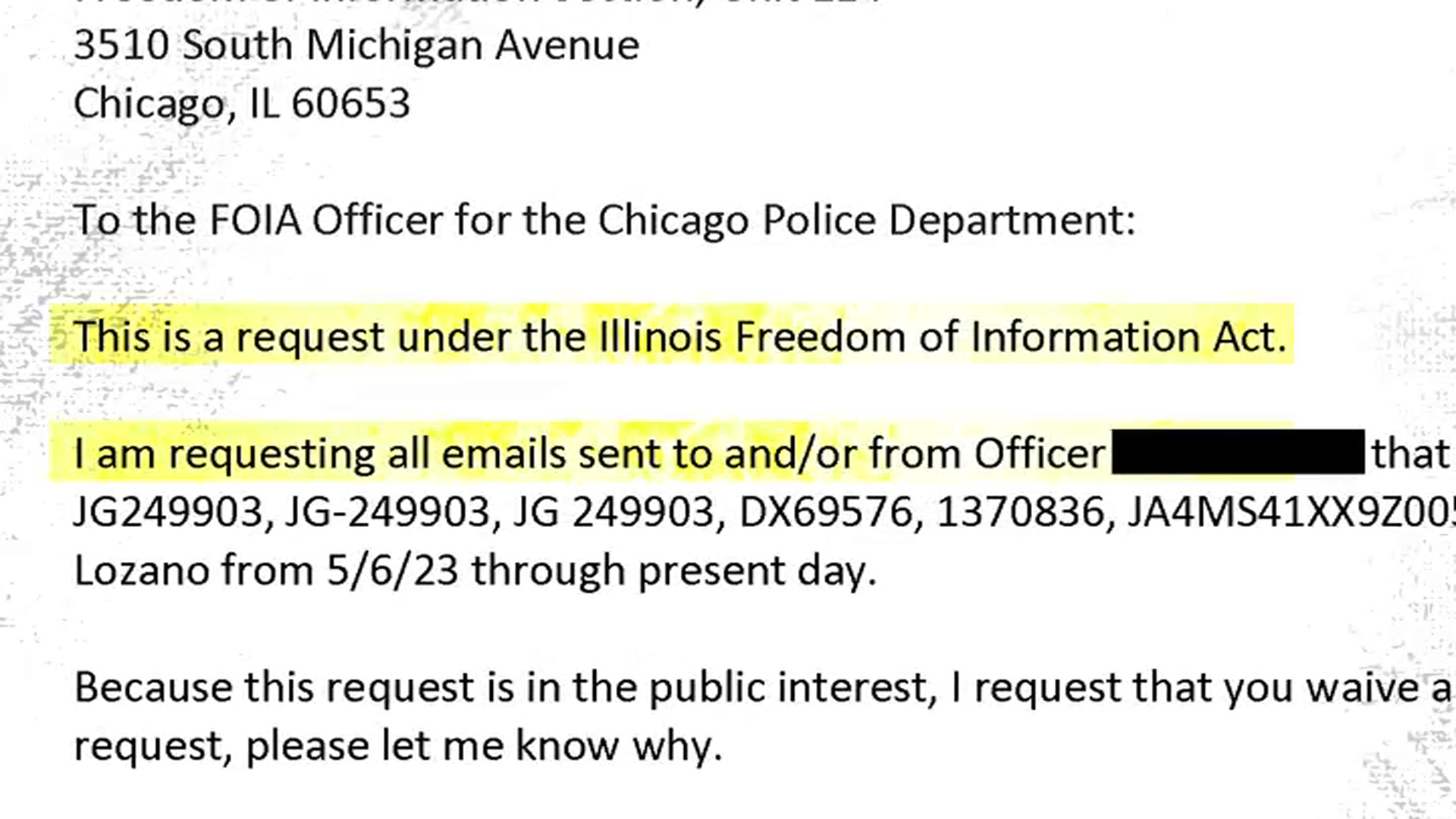It’s one of the great public policy questions of the Great Recession: which is the greater social ill: allowing people who can no longer afford their mortgages to stay in their houses, thus undermining the credit system by letting people to skip out on their payments, or evicting people from houses for which there is no buyer, thus undermining the property itself, and the surrounding neighborhood?
If you one of your neighbors has been foreclosed on, you would say let the poor folks stay and look after the house. Vacant houses attract criminals. Homeowners have had to call the cops on strippers trying to tear the aluminum drainpipe off a house at 11a.m. In a 150-foot radius around a vacant house, property values go down at least $7,000.
A vacant house reduces its own value even more, since it’s usually denuded of plumbing fixtures, boilers, carpeting, sinks, toilets, heating pipes and any architectural sconces that can be peddled in a second-hand shop. Yellow foreclosure stickers and plywood windows are not warnings, they’re invitations. After homeowners exhaust the equity, inner-city scavengers salvage the last pennies of value out of a house, until the mortgage lender ends up paying the city for demolition.
The City Council’s Housing Committee is dealing with that question today, as it considers an ordinance that would allow tenants to remain in foreclosed buildings. The Protecting Tenants in Foreclosed Rental Property Ordinance, which was written by Mayor Rahm Emanuel’s office, would require banks to give tenants $12,000 in relocation assistance, or offer them rent-controlled leases until the building is resold.
Needless to say, the mortgage lending industry is against the ordinance.
Local
“Illinois has the second-largest backlog [of foreclosure cases] in the nation,” a Chicago attorney who serves on the Illinois Mortgage Bankers Association’s executive committee told WBEZ Wednesday. “This is going to add either a new form of litigation or it’s going to complicate existing foreclosures.”
The mortgage industry contributed the housing crisis, with predatory lending practices. The banks ought to absorb some of the consequences, rather than heaping the entire burden on neighborhoods to whose ruin it contributed.



